Lung Cancer
We understand that receiving a lung cancer diagnosis can feel overwhelming. With us, you never have to face this challenge alone. Our compassionate team of lung cancer experts offers the most advanced treatments and the support you need every step of the way.
BJC HealthCare works with Washington University physicians, BJC Medical Group, and providers across the region to deliver extraordinary care. Siteman Cancer Center and the Missouri Baptist Cancer Center are two programs accessible through BJC HealthCare. We offer some of the most advanced care for lung cancer in the region. Our experts use pioneering techniques to effectively treat all types and stages of lung cancer.
When you to come to us for lung cancer care, you’ll benefit from:
Nationally recognized expertise: Our network of local hospitals provides the highest quality care. One of our locations, Missouri Baptist Medical Center, is ranked by U.S. New & World Report as a “high-performing” hospital for lung cancer surgery. Siteman Cancer Center provides access to superior care close to home. Siteman is consistently ranked as one of the top 10 cancer centers in the nation by U.S. News & World Report.
Groundbreaking treatments: Lung cancer treatment is a quickly evolving field, and our experts are at the forefront of many new discoveries. These breakthroughs mean better outcomes with fewer side effects. We are experts at precision surgeries that preserve lung tissue as well as targeted, more effective radiation therapy.
Research and clinical trials: Our doctors participate in cutting-edge clinical trials that allow you to receive promising new therapies that aren’t widely available. These can be especially important for lung cancer treatment, as breakthrough discoveries can offer hope — even for late-stage disease.
An added layer of support: We understand that a lung cancer diagnosis and treatment can impact every aspect of your life. Our compassionate cancer support services team includes support for you and your family as you navigate treatment. We provide nutritional counseling, emotional support, palliative care and more.
Dr. Matthew Stein uses innovative technology to pinpoint specific features of lung cancer tumors. This allows him to come up with a personalized treatment approach targeted for each patient.
Lung cancer is the result of cancerous cells growing and multiplying in your lungs. Most commonly, cancer develops in the cells that line the airways inside your lungs.
There are two main types of lung cancer, each of which grows differently and requires different types of treatment. Non-small-cell lung cancer accounts for up to 85% of lung cancer diagnoses. Small cell lung cancer is rarer. It grows and spreads more quickly and is often diagnosed after it has spread beyond the lungs.
Although smoking is the primary risk factor for lung cancer, not everyone with the disease is a current or former smoker. Advances in prevention, early detection and treatment are improving outcomes for people with lung cancer. But the disease remains the leading cause of cancer deaths for both men and women, which means it is important to know your risk and take preventive measures.
If you have symptoms of lung cancer (such as a cough that won’t go away) or a history of smoking, your doctor may recommend lung cancer screening. As with any type of cancer, finding lung cancer early makes treatment more effective.
The most common type of lung cancer screening test is called low-radiation-dose CT. This imaging test allows your doctor to see images of your lungs and identify any possible tumors. We use the most advanced low-radiation testing to safely screen you for lung cancer.
If imaging tests reveal a possible tumor in your lungs, your doctor will want to take a biopsy (tissue sample) to test. Testing the cells gathered during a biopsy allows us to determine if the tumor is benign (noncancerous) or malignant (cancerous).
We can do a biopsy using either cells taken from mucus you cough up or by removing a sample of tissue from your lungs. Depending on the location of the suspected tumor, we retrieve tissue using a needle biopsy or surgical biopsy.
Treatment for lung cancer depends on the type of cancer and whether or not it has spread beyond your lungs. We use the most advanced medicines, radiation and surgical techniques to help you fight lung cancer.
In many cases, your lung cancer treatment may be part of a clinical trial of new therapies.
Lung cancer treatment may include:
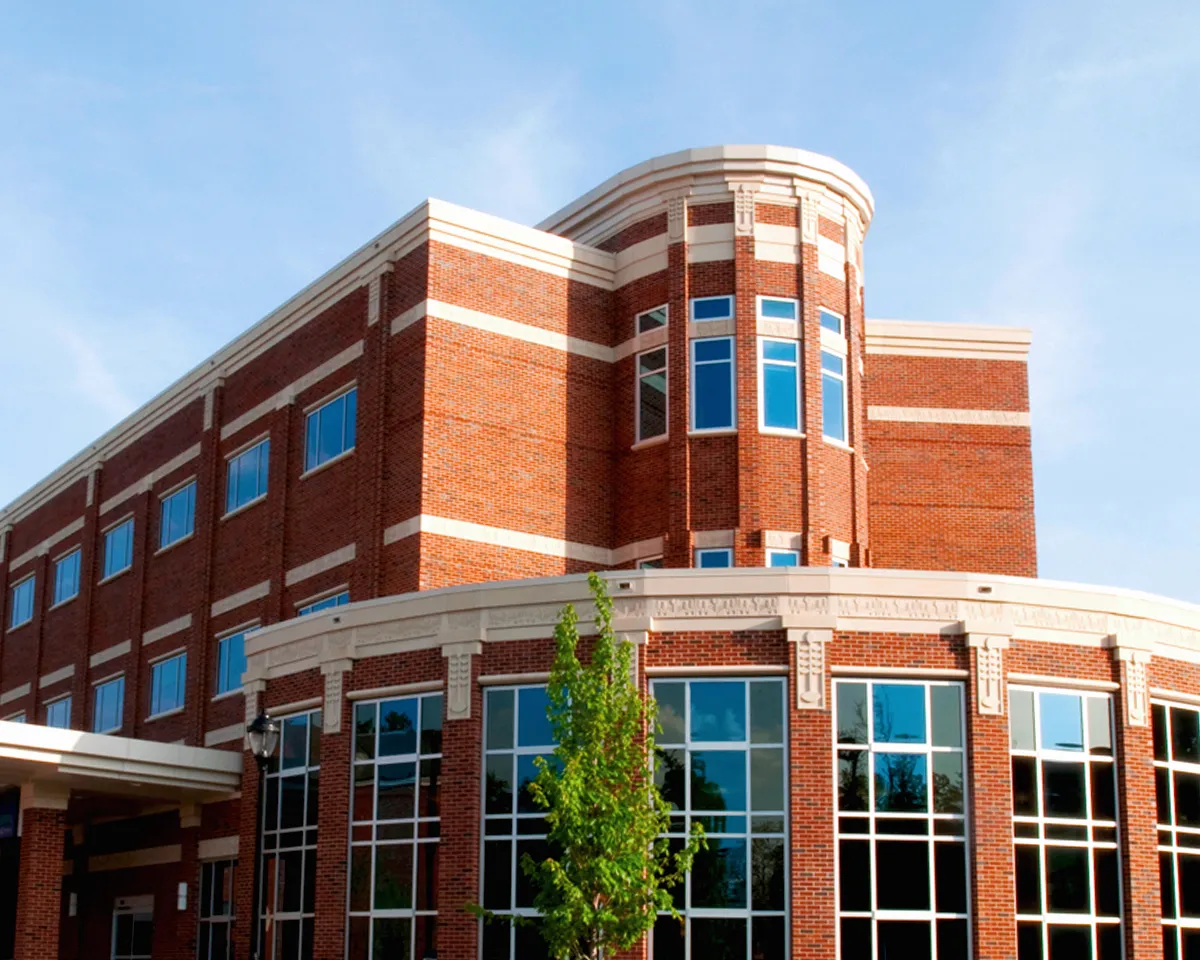 Alton Memorial Hospital
Alton Memorial Hospital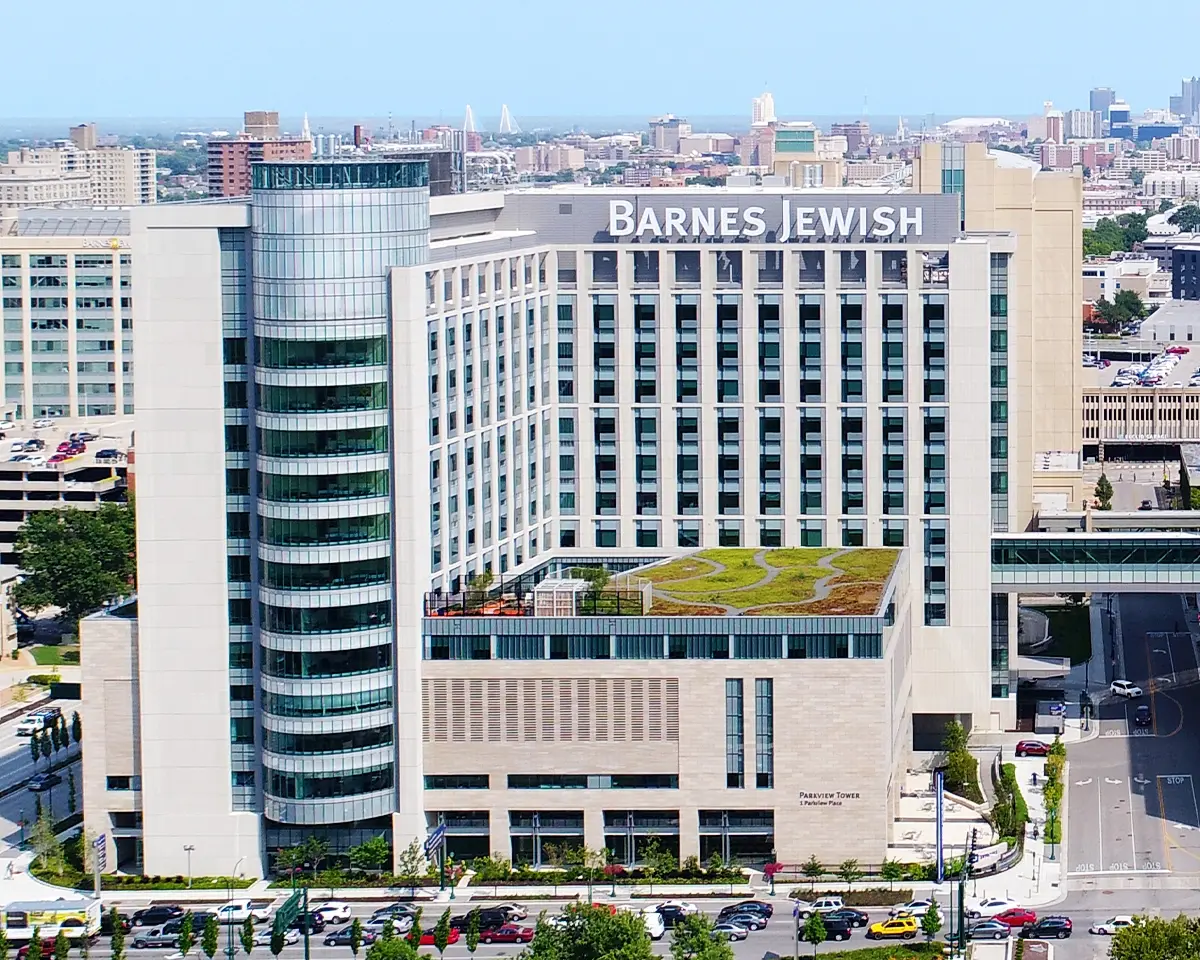 Barnes-Jewish Hospital
Barnes-Jewish Hospital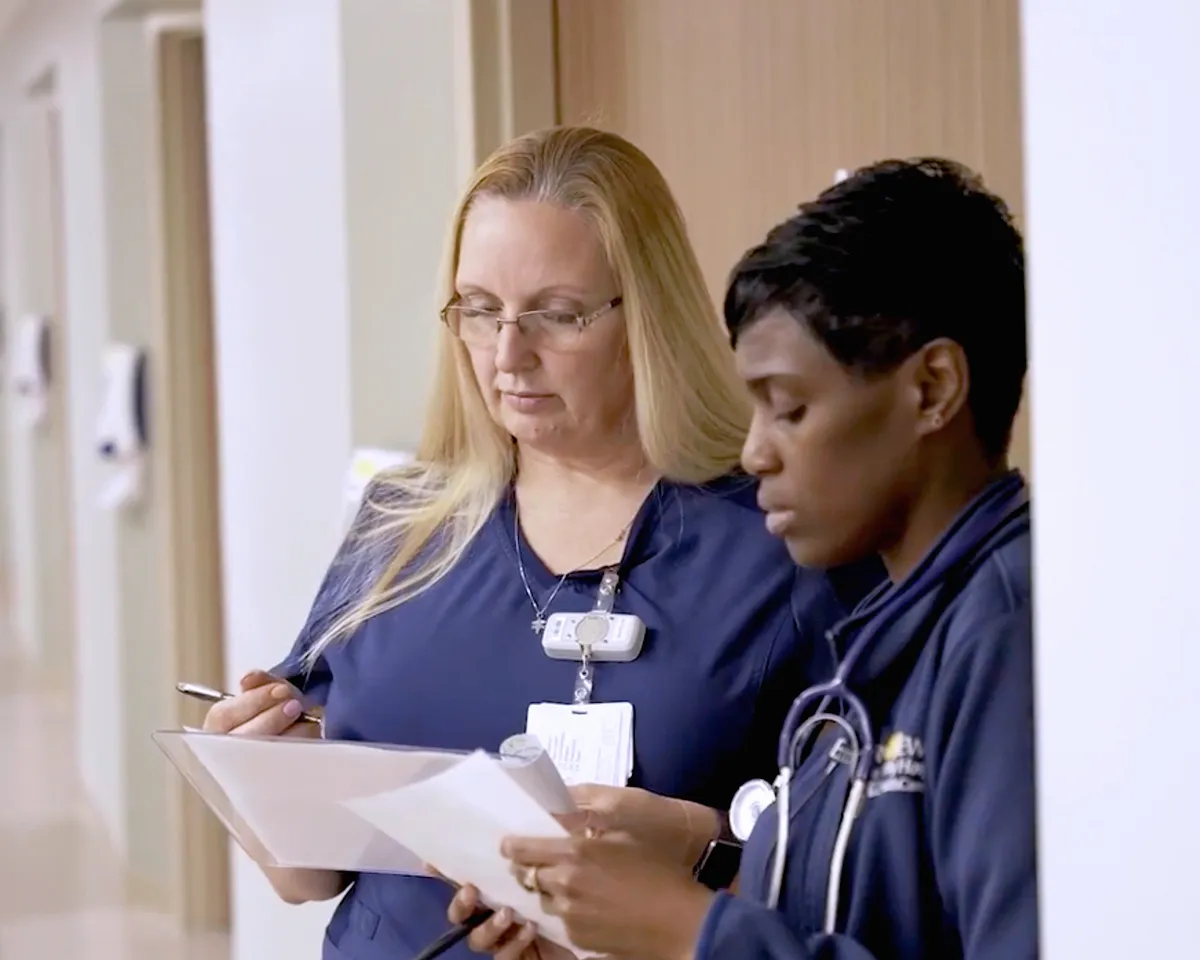 Barnes-Jewish St. Peters Hospital
Barnes-Jewish St. Peters Hospital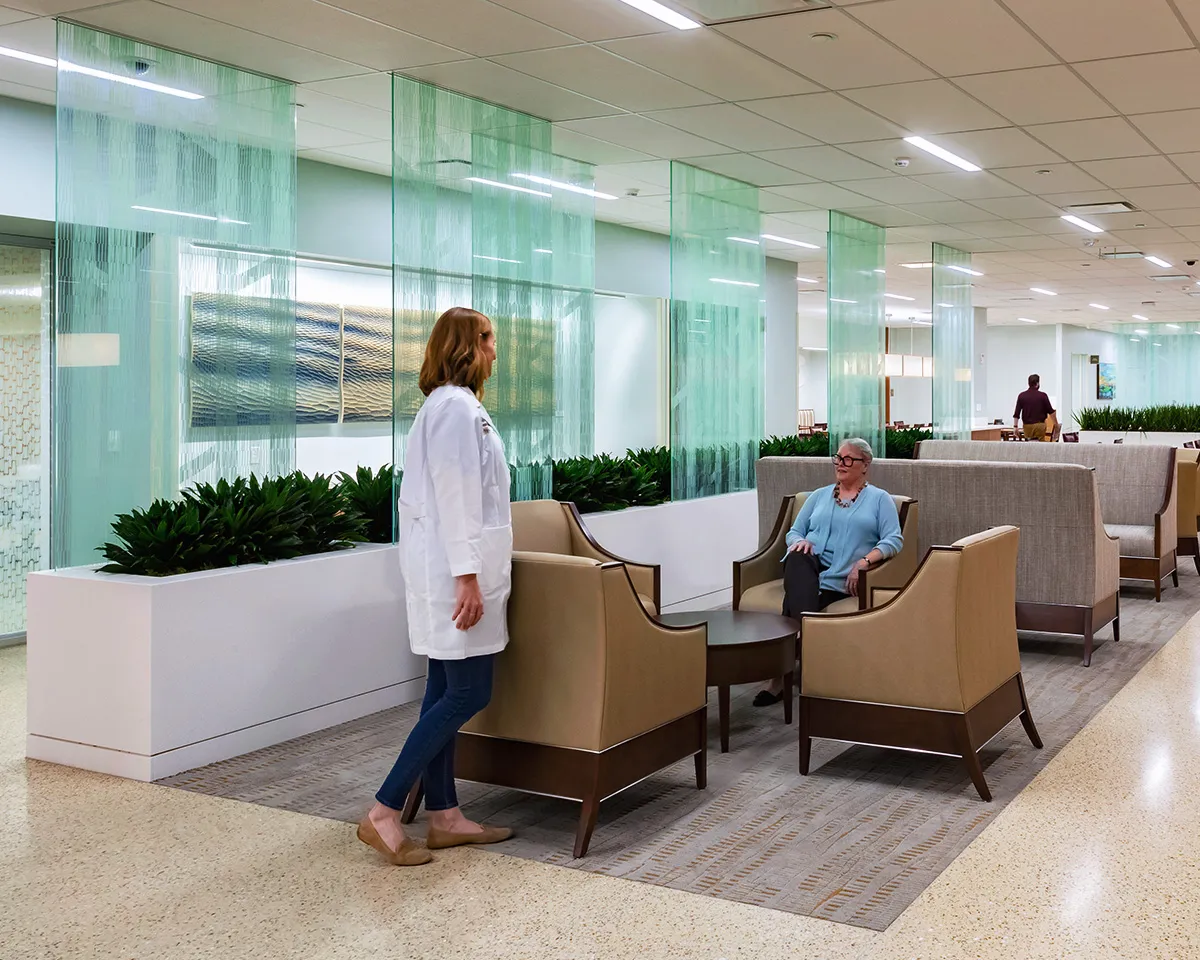 Barnes-Jewish West County Hospital
Barnes-Jewish West County Hospital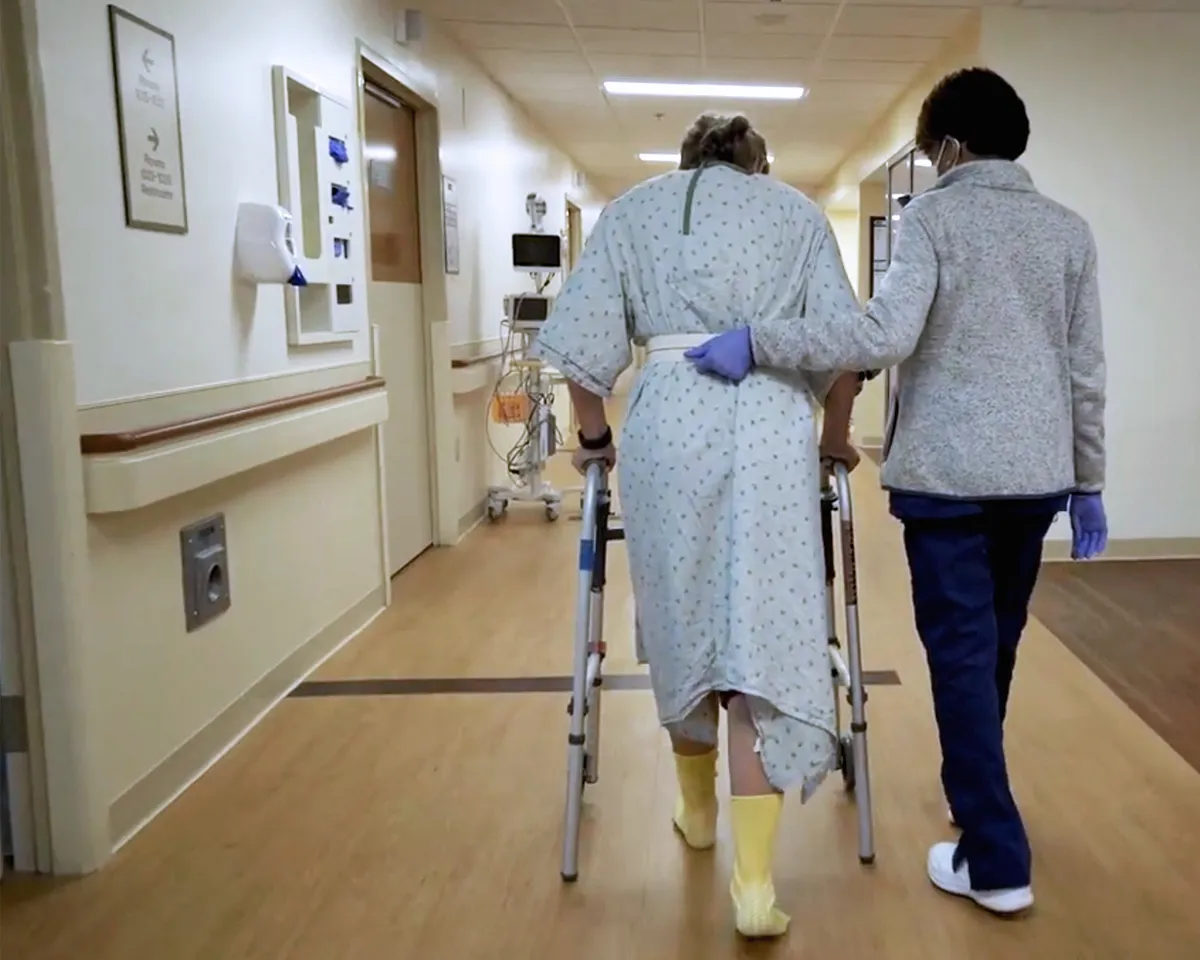 Christian Hospital
Christian Hospital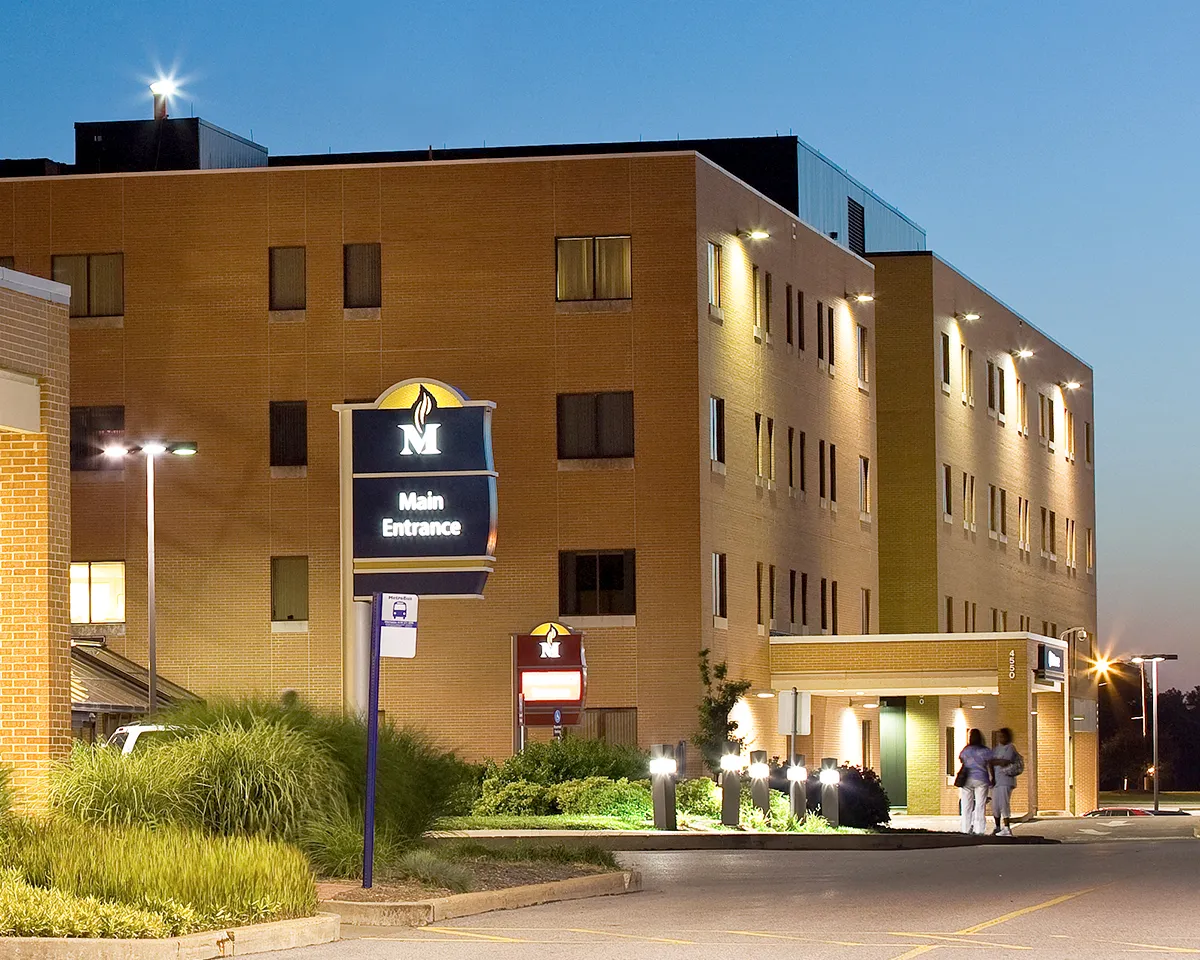 Memorial Hospital Belleville
Memorial Hospital Belleville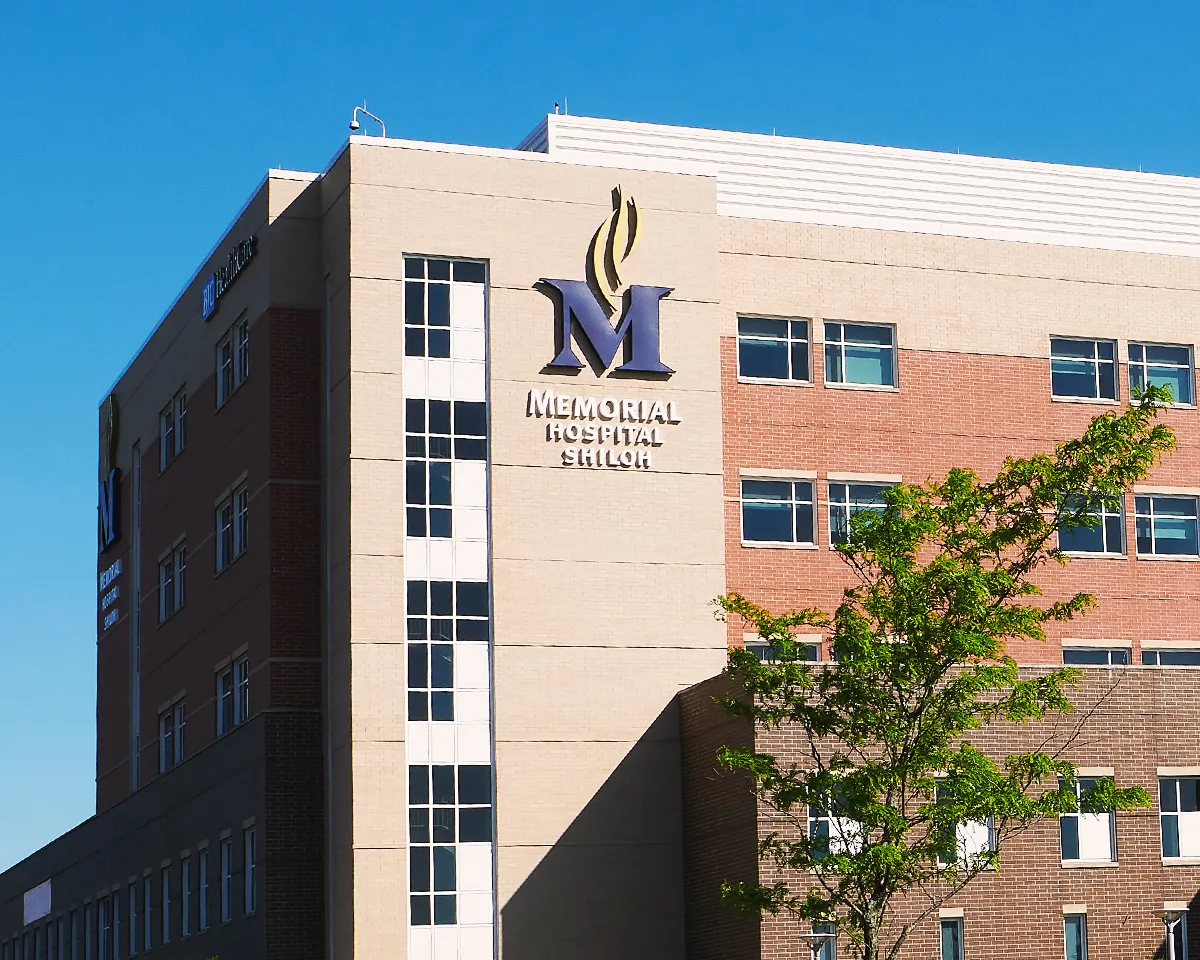 Memorial Hospital Shiloh
Memorial Hospital Shiloh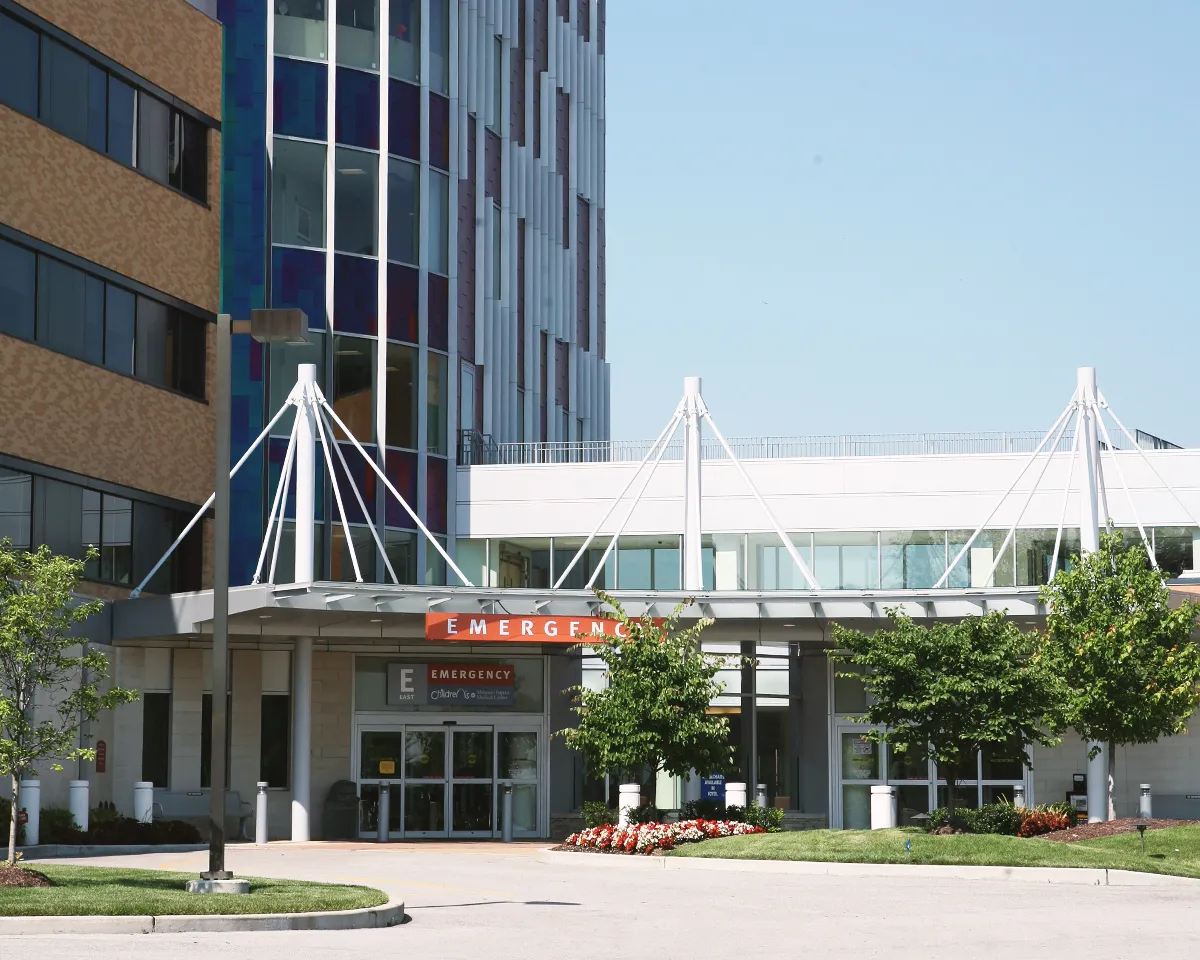 Missouri Baptist Medical Center
Missouri Baptist Medical Center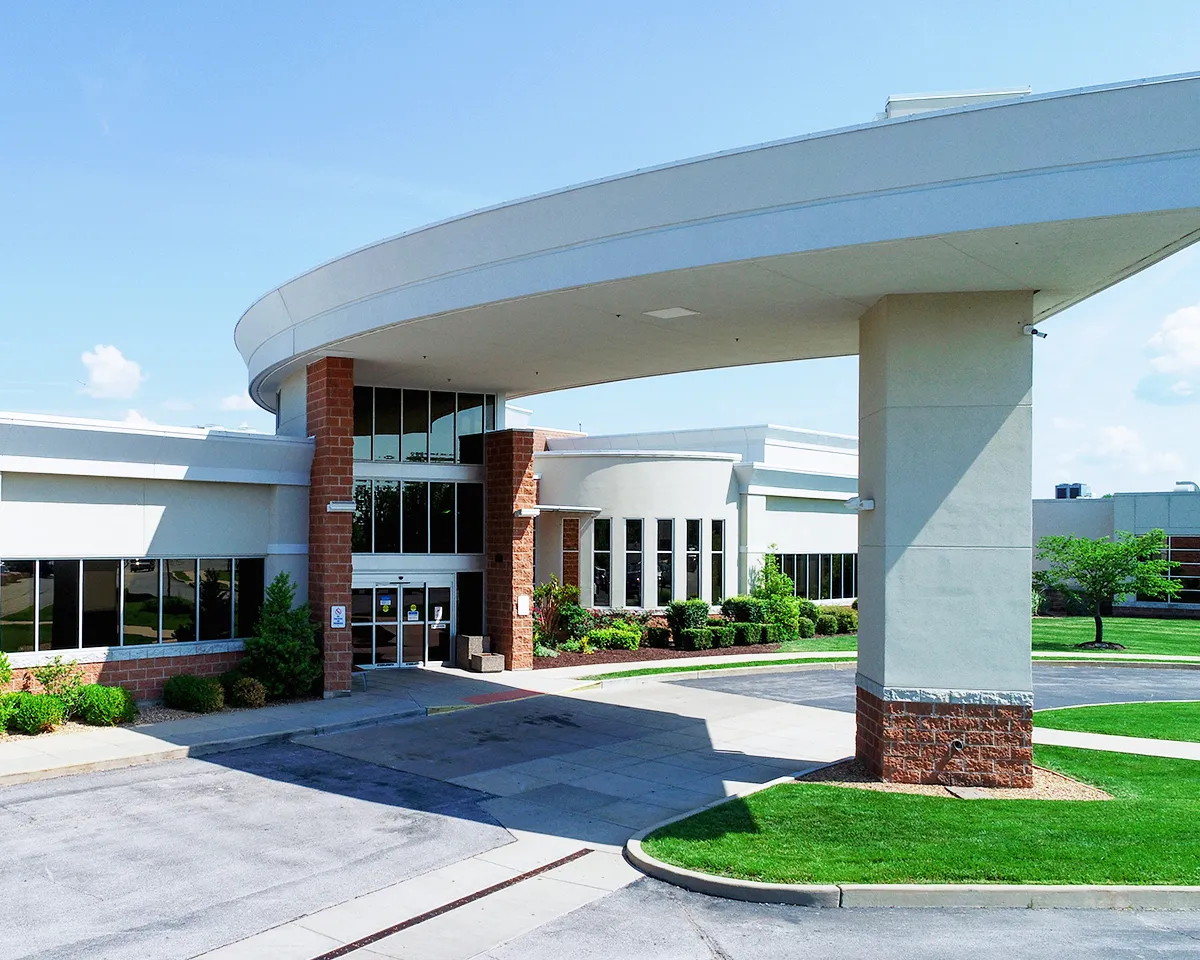 Missouri Baptist Sullivan Hospital
Missouri Baptist Sullivan Hospital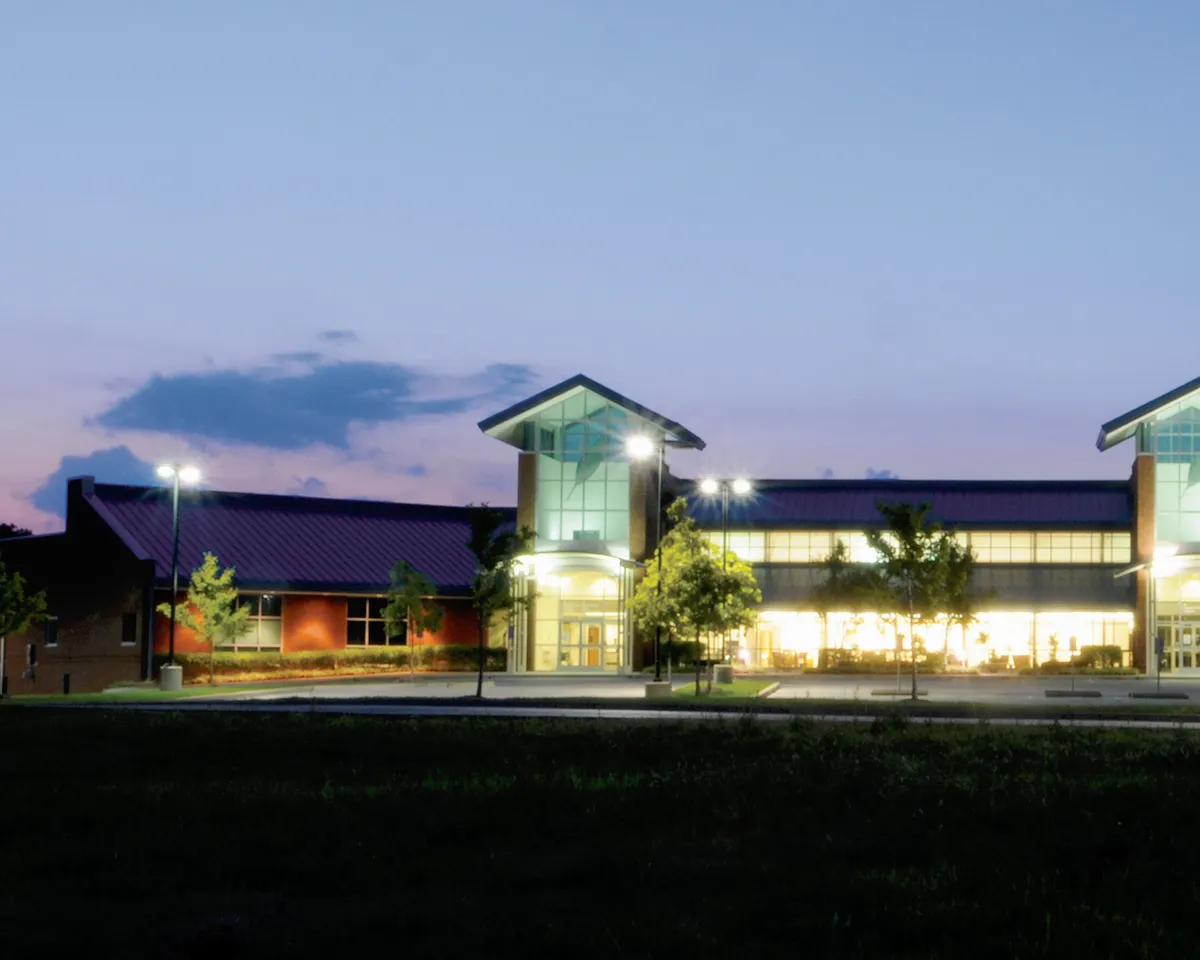 Northwest HealthCare
Northwest HealthCare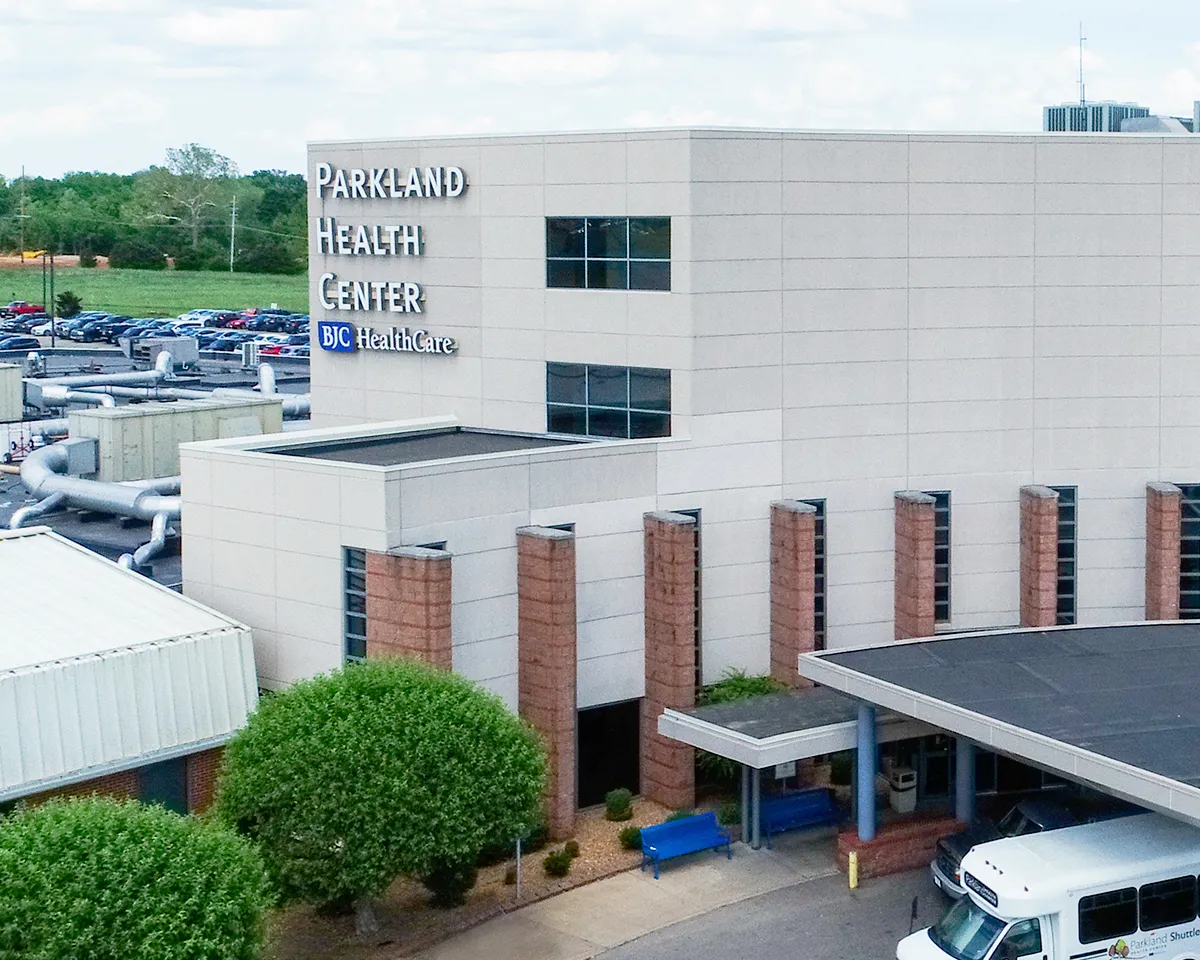 Parkland Health Center
Parkland Health Center
- Resource
Schedule your appointment
Call (314) 362-9355 or (800) 392-0936 to schedule your appointment with a specialist.